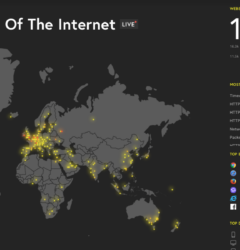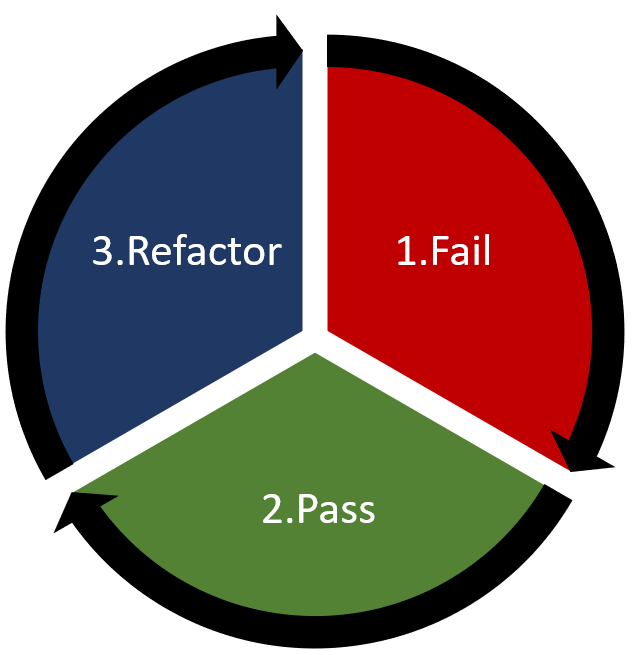[ad_1]
By Leigh Brown
In February, we wrote about how major live sporting events in March will impact online ordering and food delivery. We discussed the associated importance of monitoring your web app to ensure a smooth end-user experience and to troubleshoot issues like downtime, slow load times, and broken transaction flows. But unless you’ve been living under a rock, you know what happened. All the sports were cancelled. That’s right, no broadcasted games. No championships. No brackets. And perhaps an afterthought for most except the marketers and their digital teams, all the promotional marketing efforts themed for “game time” deemed irrelevant. In the time of #CancelCulture, 2020 dropped a worldwide cancellation on us in the form of COVID-19.
Switching Gears
Not unfamiliar to experienced marketers, it was time to switch gears. They have to either cancel the game-related ads or change the messaging to something about these uncertain times. However, despite the cancelled sports championships, online retailers didn’t exactly experience a drought. With stay-at-home orders in place, we’re seeing an increase in streaming, online shopping, and grocery and takeout deliveries. Additionally, people are spending more than they would have in the physical world.
So, the sporting events that would’ve caused an influx in online ordering got canceled, and in turn, the pandemic that caused the cancellations in the first place, just happened to ratchet up online ordering and engagement tenfold.
What better time to be monitoring? There are little to no physical storefronts. The web is all we have. If you thought the digital experience was important before COVID-19, it’s everything now.
Monitoring Uncertain Times
Staying at home means we’re relying on technology for entertainment, social hangouts, at-home workouts, education, our jobs (if you’re able to work remote), and shopping for everything from basic needs like toilet paper to non-essential items like adult coloring books. In addition to e-commerce websites needing to be up and running, government websites and providers of supplies for first-responders are critical. Here are some of the ways we’ve seen our customers rely on the SolarWinds® Scopify® monitoring solution during the crisis.
City and state governments responsible for keeping their constituents up to date with COVID-19 news and resources need to monitor their critical webpages—especially those with statistics related to COVID cases or information on regulations currently set for their region. These sites need to be up and available for their end users, and the government entity needs to know when they aren’t working. Synthetic monitoring helps them know if their site goes down during off hours. Real user monitoring helps them know when they are experiencing usages during peak use hours, where their visitors are coming from (location, browser, etc.), and which pages they’re frequenting.
Organizations providing medical supplies to first responders are constantly making updates to their sites. They need to make sure those changes are not affecting website availability or performance for their visitors. Because if their site is down, visitors may not be able to get the supplies they need to help save lives. With synthetic monitoring, Scopify simulates the user experience to make sure there’s no disruption onsite for first responders seeking supplies. Scopify provides peace of mind by measuring site availability, by analyzing the effect on load time a code change might have, and by notifying you if a critical flow such as checkout, contact us form, or registration is broken on your website.
Don’t Go Outside, Go Online
Some would say the reliance on the digital world has never been greater. We’re experimenting with online education and remote jobs, and our friendships and familial relationships haven’t been tested quite like this before. For all those who rely on your website or web application, ensure your site is available and performing as expected with Scopify. Start monitoring your website or application today and get your first 14 days free. [Free Trial]
[ad_2]
Source link



